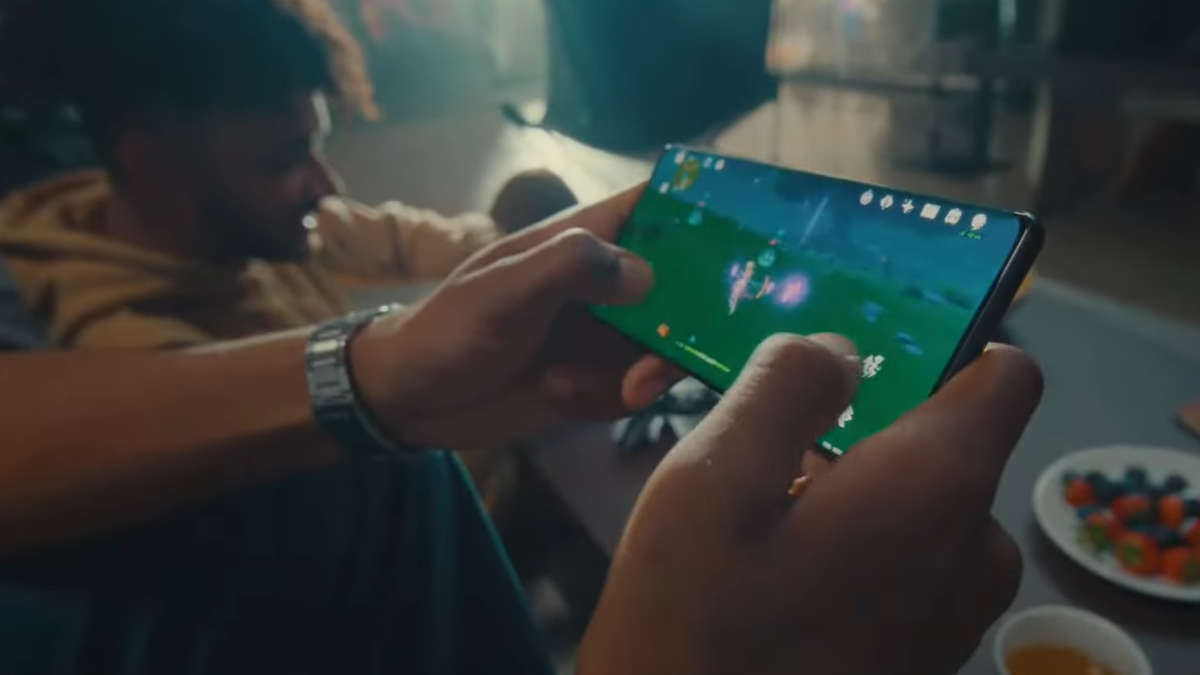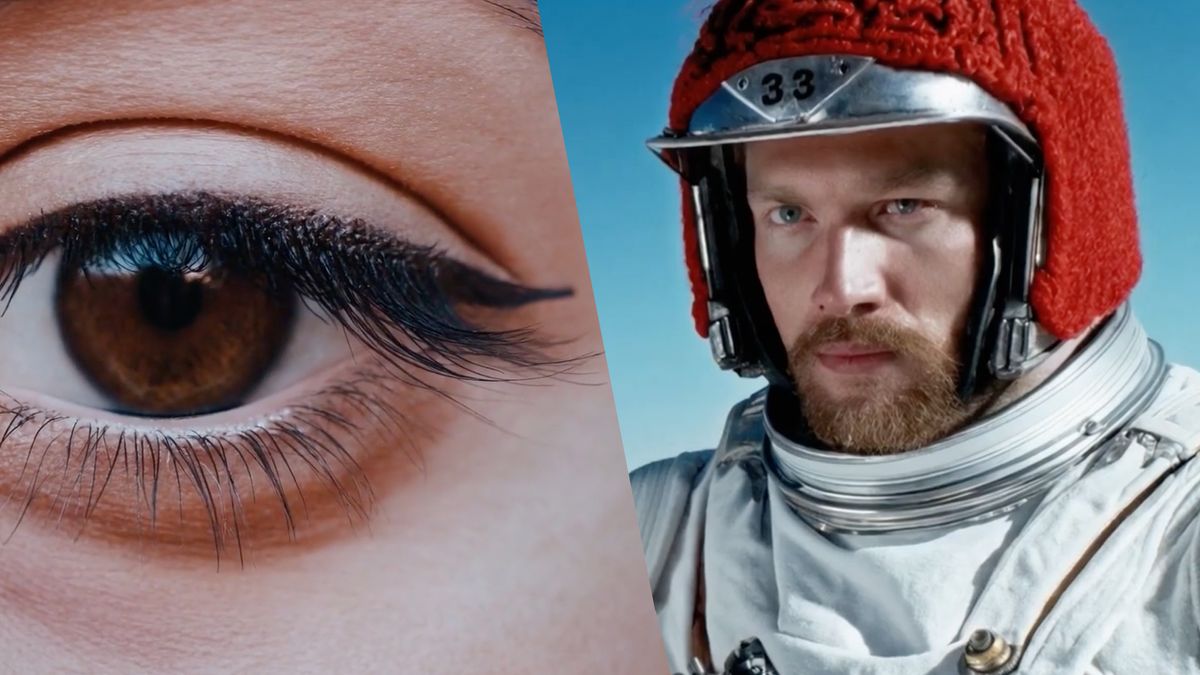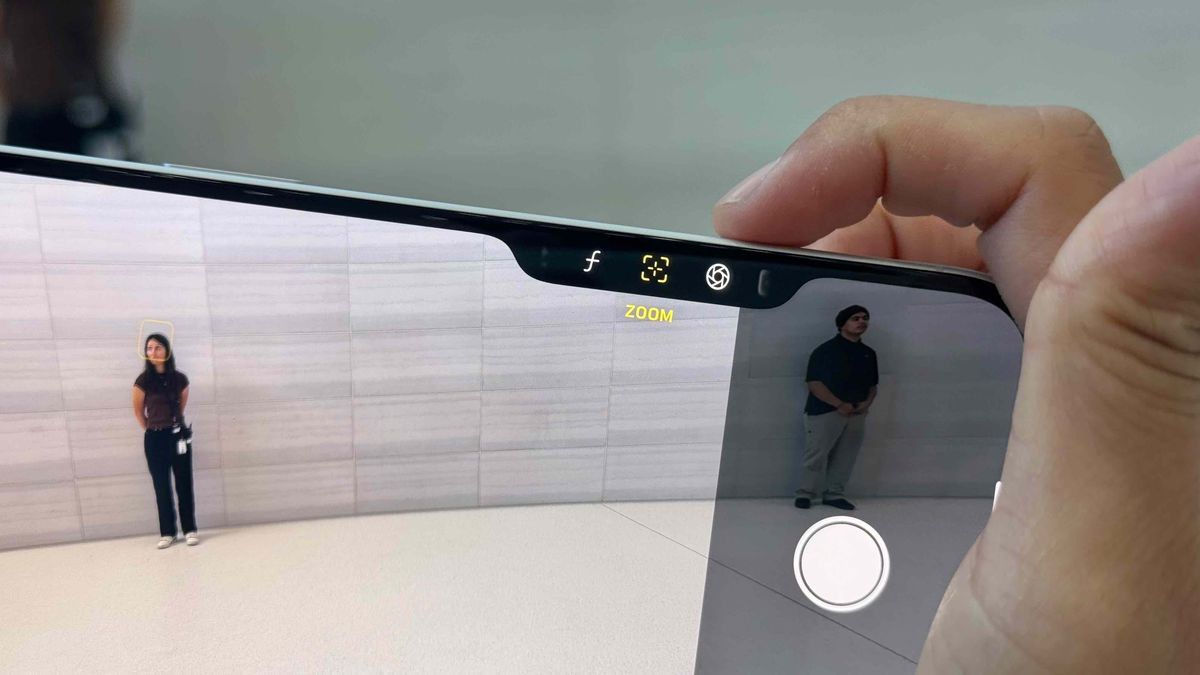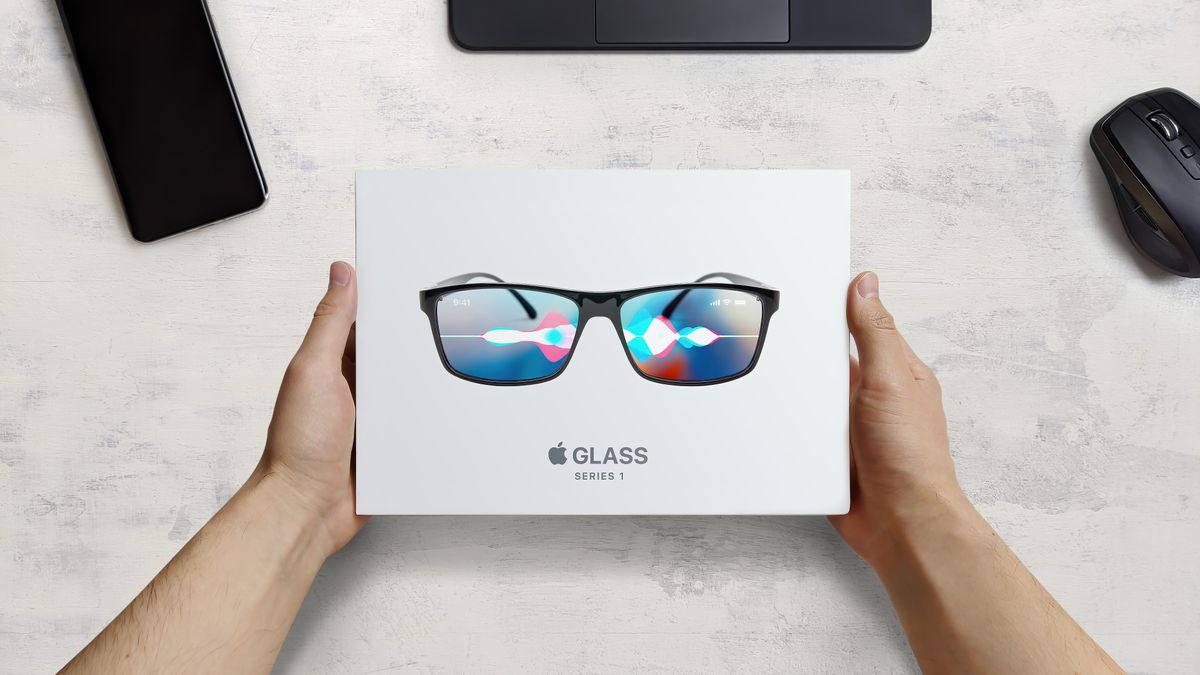He OnePlus 12 could improve gamers' experience by providing 120 frames per second to all Android games, living up to its title “Smooth beyond belief.”
This feature was highlighted at OnePlus' launch event on January 23 along with a host of new features that could further improve gaming performance.
A key feature is the OnePlus 12's new Trinity Engine, which combines a number of software improvements that were introduced in Oxygen OS 14 and affects the device's CPU, RAM and storage to optimize performance.
Combined with the new dedicated X7 standalone visual processor hardware developed by Pixelworks, it offers something called “hyper-rendering.” OnePlus claims that it uses internal graphics algorithms that work in conjunction with the independent visual processor to provide lower resolution graphics enhancement and frame interpolation technology to increase frame rates.
Frame interpolation works as TV motion smoothing by adding new frames between the originals, making the motion appear smoother and increasing the frame rate to 120 fps. This could be a valuable tool, as most Android titles still only support 60 frames per second, and a relatively small number of titles support higher frame rates.
These high frame rates make action-packed games, such as first-person shooters and racing games, appear smoother and more immersive.
Some of the games that currently support 120fps include Call of Duty: Mobile, Eternium, and Shadowgun Legends. However, Genshin Impact, one of the most demanding Android games, currently doesn't support more than 60fps, meaning OnePlus 12 users could watch the game at a silky 120fps if the phone can handle it.
Demanding performance
Higher frame rates are usually more demanding on the device, but fortunately the OnePlus 12 features very high-performance hardware.
It uses the latest flagship chip, Snapdragon 8 Gen 3, which is compatible with Trinity Engine and should determine the best balance between improved performance and reduced power consumption to suit different scenarios.
This system intelligently allocates smartphone resources to deliver improved performance and even longer battery life. This is supported by AI learning for intelligent performance management to deliver consistently stable frame rates.
However, games that use demanding settings like this need to worry about overheating and battery drain, and OnePlus claims to have hardware solutions for these issues as well.
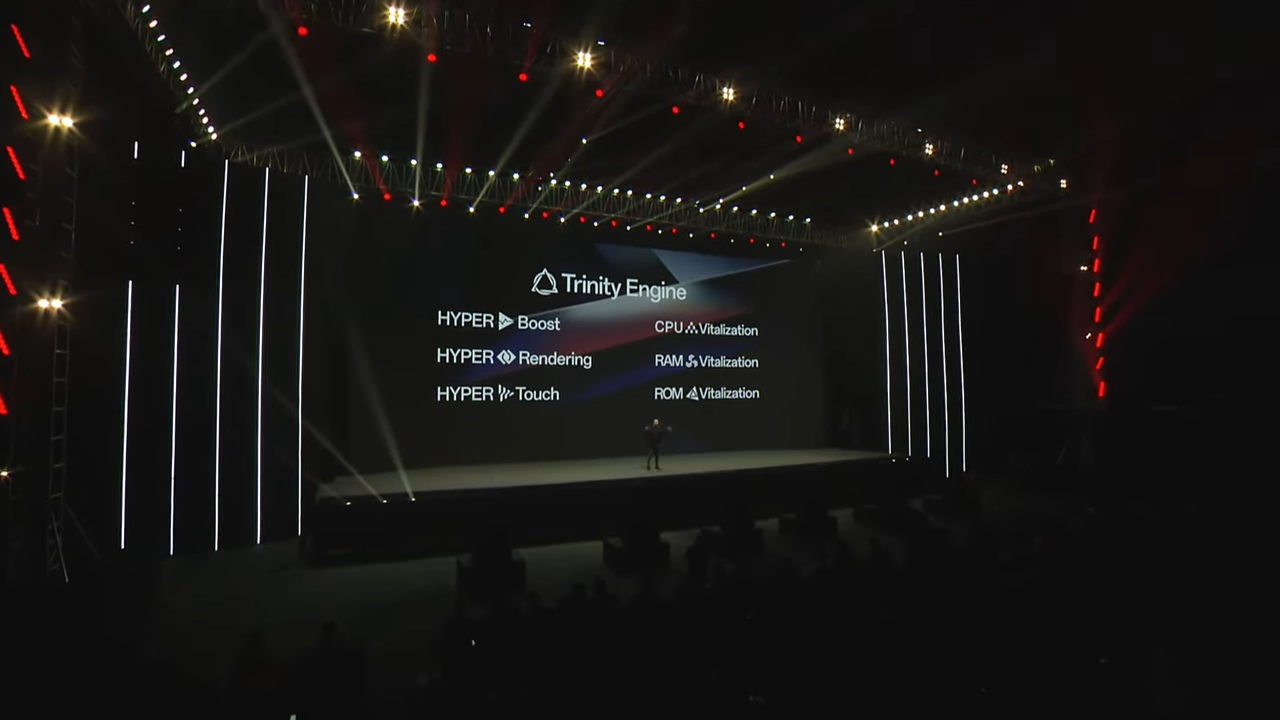
OnePlus has incorporated its largest vapor chamber cooling system to date to disperse heat efficiently and prevent hardware from throttling performance.
It also uses low-power gaming super resolution to upscale games from lower graphical quality to power-saving native resolution and is equipped with a 5400mAh battery with 100W fast charging.
The OnePlus 12 isn't the only way to enjoy fast refresh rates on your phone, however, as an alternative option is GeForce NOW from NvidiaGoogle's cloud gaming service supports 120fps streaming for its Ultimate members' mobile games, but it requires a fast Internet connection and isn't necessarily the best option for gamers on the go.
I have yet to test the OnePlus 12's gaming capabilities; However, if all its claims are true, it could be a real competitor to flagships like the Samsung Galaxy S24 Ultra when it comes to mobile gaming and could even offer a better alternative to specialized gaming phones like the Redmagic 9 Pro and Asus ROG Phone 8 Pro.

